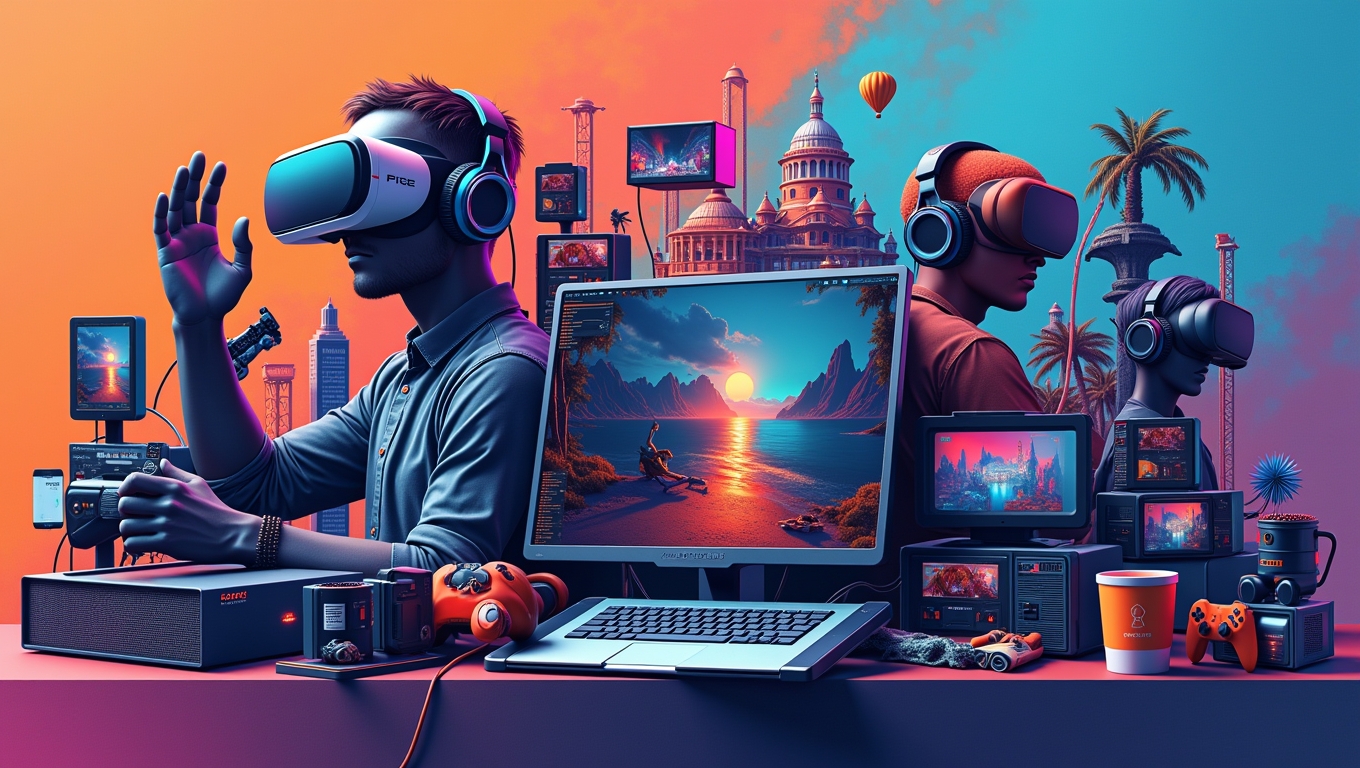In recent years, the role of AI in game storytelling has transformed the gaming landscape. Developers are increasingly integrating artificial intelligence into narrative design, leading to more immersive and dynamic experiences for players. This integration allows for personalized storytelling that adapts to individual player choices, enhancing engagement and emotional connection to the game.
Dynamic Narratives and Player Agency
AI in game storytelling enables dynamic narratives that change based on player actions. Traditional linear storytelling often limits player interaction and reduces replayability. However, with AI, games can analyze player decisions and alter the storyline accordingly. This technology allows for multiple endings, branching story paths, and unique character interactions, making each player’s journey distinct. Players can feel a sense of agency, knowing their choices impact the game’s world and characters.
Character Development and Realism
Another significant contribution of AI in game storytelling is the enhancement of character development. AI systems can create more realistic and relatable characters by generating dialogue and responses that reflect a character’s personality and emotional state. This leads to deeper connections between players and characters, as they can engage in more meaningful conversations and experience authentic emotional arcs. The result is a richer narrative experience that feels alive and responsive.


AI also assists in world-building, enabling developers to create vast, detailed environments that react to player actions. By using procedural generation techniques, AI can populate game worlds with diverse characters, quests, and lore, making the environment feel more immersive and alive. Players can discover hidden stories and lore that enrich the overall narrative, encouraging exploration and interaction.
Challenges and Future Possibilities
While the integration of AI in game storytelling offers numerous advantages, it also presents challenges. Balancing player freedom with a coherent narrative structure requires careful design and implementation. Developers must ensure that AI-generated content aligns with the game’s overall theme and tone, preventing disjointed experiences.
Looking forward, the future of AI in game storytelling is promising. As technology advances, we can expect even more sophisticated AI systems capable of understanding player emotions and preferences. This could lead to hyper-personalized narratives that adapt not only to player choices but also to their emotional responses, creating a truly unique gaming experience. The potential for AI to revolutionize game storytelling is immense, and as the industry evolves, we will likely see even more innovative applications.
In conclusion, AI in game storytelling is reshaping how narratives are crafted and experienced in video games. By providing dynamic narratives, enhancing character realism, and creating immersive worlds, AI is paving the way for a new era of interactive storytelling. As developers continue to explore the possibilities of AI, players can look forward to richer, more engaging stories that respond to their every choice.
Some content and/or images on this page were created using AI.





